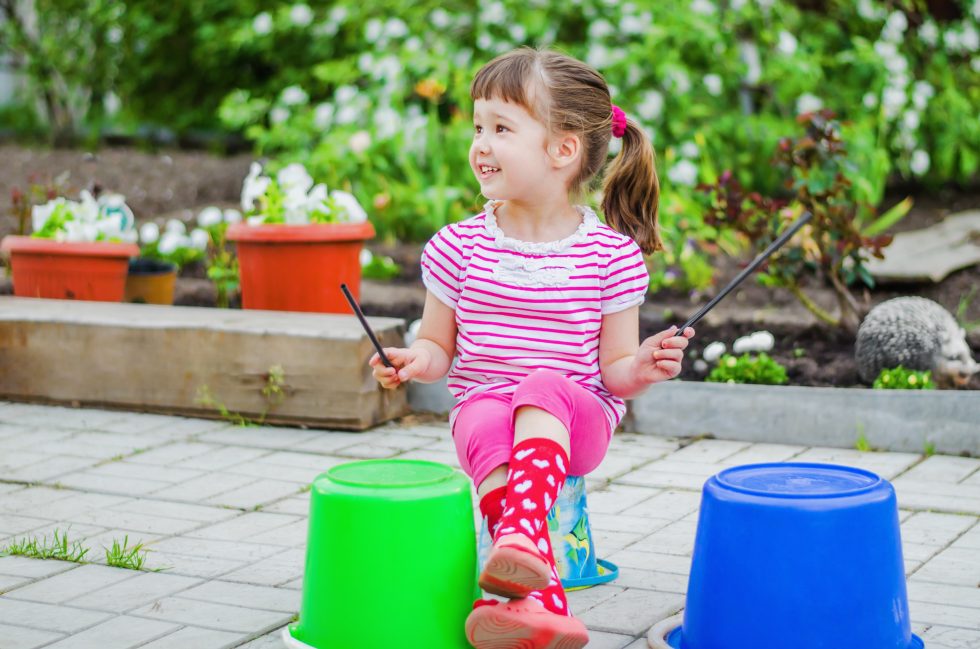
The Importance of Teaching Maths Through Play: Insights from Play Makes Sense
The Importance of Teaching Maths Through Play: Insights from Play Makes Sense
In a recent discussion, we had the pleasure of hosting Alice and Abbie from Play Makes Sense. Both former teachers, they have channelled their passion for education and play into a business that supports parents in making learning enjoyable for their children. Here’s a recap of their valuable insights on why teaching maths through play is crucial and how parents can incorporate playful learning at home.
Why Teach Maths Through Play?
Addressing Maths Anxiety
Many adults today harbour negative feelings towards maths due to their own schooling experiences. This anxiety can inadvertently be passed on to children, creating a cycle of fear and aversion. Alice and Abbie stress the importance of changing this narrative. Instead of viewing maths as a stressful subject, it should be seen as fun and engaging. By integrating play into maths learning, we can help children develop a positive attitude towards the subject from an early age.
Building Strong Foundations
Traditional methods often focus on rote learning and repetitive calculations, which may not ensure a deep understanding of mathematical concepts. Playful learning, on the other hand, allows children to grasp these concepts in a concrete and meaningful way. Through practical tasks and sensory play, children can see and feel maths in action, making abstract ideas more tangible.
Enhancing Learning Through Sensory Play
Research has shown that sensory play significantly enhances learning. When children engage in activities that stimulate their senses, they build stronger neural connections, leading to better retention and understanding. For instance, using physical objects to explore mathematical concepts helps children internalise these ideas more effectively than through passive learning methods.
Practical Tips for Teaching Maths Through Play
Incorporate Everyday Activities
Maths is all around us, and everyday activities can provide excellent opportunities for playful learning. For example, baking a cake involves measuring ingredients, understanding quantities, and timing – all fundamental maths skills. Similarly, playing with Play-Doh can teach children about shapes, sizes, and fractions.
Use Common Household Items
Alice and Abbie suggest several household items that can be used for maths activities:
• Blocks: Building towers helps children understand shapes, balance, and spatial relationships.
• Dice: Rolling dice introduces subitising (recognising the number of objects without counting) and can be used for various games involving addition, subtraction, and number recognition.
• Play-Doh: This versatile material can be used to create shapes, practice counting, explore weights and measures, and even introduce basic fractions.
Encourage Maths Talk
Integrating maths language into daily conversations is another effective strategy. Using terms like “more than,” “less than,” “full,” and “empty” in context helps children build their vocabulary and understand mathematical relationships naturally. For example, during dinner, parents can talk about quantities (e.g., “You have more peas than I do”) or during playtime (e.g., “Can you give me half of your play-dough?”).
Role Play
Children love role-playing games such as playing shop or teacher. These scenarios provide a fun way to introduce concepts like money, fractions, and measurements. For example, playing shop involves counting money and making change, while pretending to bake involves measuring ingredients and dividing portions.
Conclusion
Teaching maths through play not only makes learning enjoyable but also helps children build a strong, positive foundation in maths. By incorporating playful activities into everyday routines, parents can foster a love for maths and support their children’s educational journey. Alice and Abbie from Play Makes Sense remind us that with creativity and a playful approach, every moment can be a learning opportunity.
For more tips and resources on playful learning, visit Play Makes Sense.
Further Reading
Get in Touch
Have any questions?
We’d love to hear from you!





